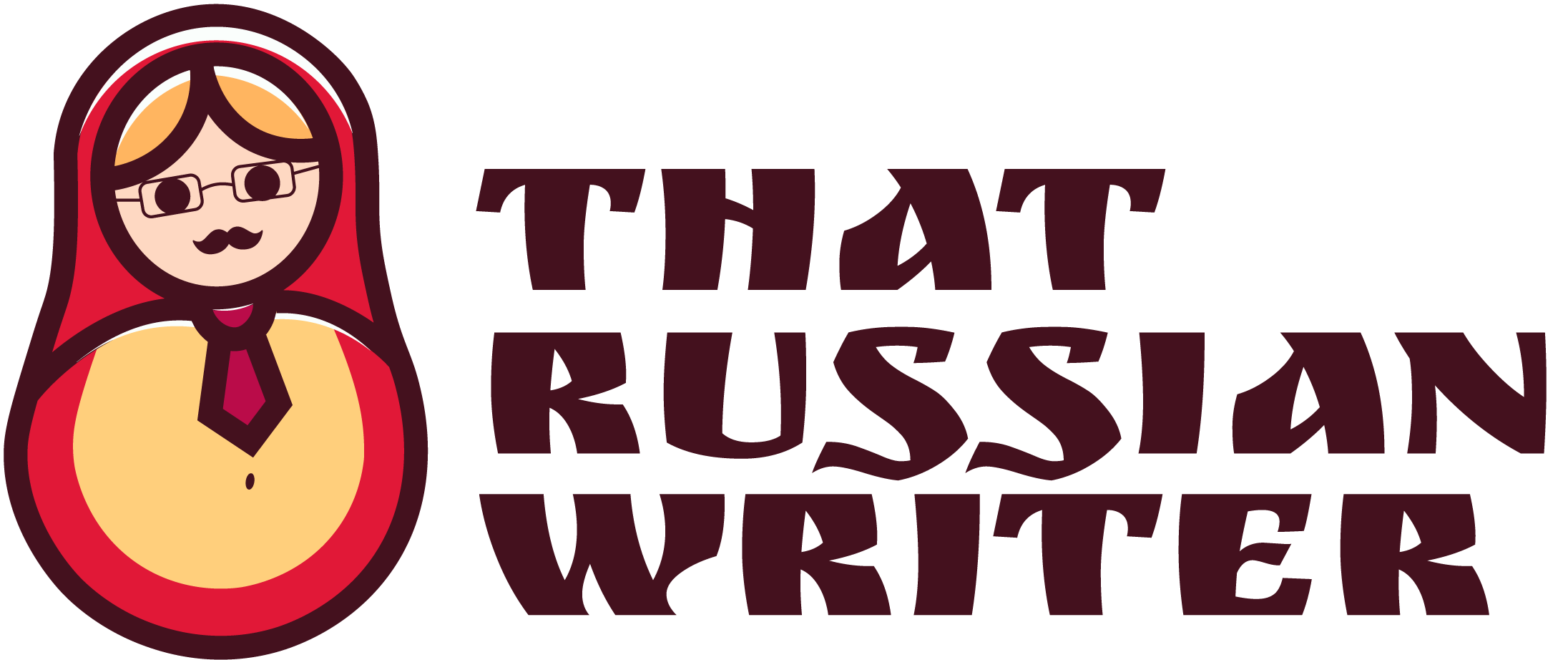There is a age-old tradition in Russia to separate the state and the people. It’s not like the people actively oppose the system, but they do not identify with it. That was how the Russian Empire operated, which is how the Russian Federation is running things right now. Briefly, we have witnessed a union between state and people during the early USSR period. Still, it went off the rails pretty quickly, and the feeling of separation returned with renewed vigor.
It’s not a battle. There is no real opposition by design, and the propaganda works tirelessly to keep the fight in the kitchens and not spill somewhere else. It’s a grand stand-off, where neither side dares to move forward, afraid to damage this fragile long-drawn truce.
There are people who feel differently, though. There is a layer of people supporting the state, and they are the target audience of big and small changes in the game that the government throws them like a bone from time to time. These supporters proudly chanted “The Crimea is ours!” and welcomed recent changes in the Сonstitution that brought back old separators like God, nationality, family as a duty, and sexual orientation. I can understand their persistence in preserving the pyramidal culture that gives the complicated world long craved clarity of black and white, but I cannot understand stubborn ignorance of history and its lessons, which quite unequivocally indicate the danger of separation into friends and foes, red and white, white and black.
It’s a shame that the state is bonding with the people using not the future but the past. Clinging on past glory like a lonely, depressed old man, citing scripture and reviving ancient ghosts. Fulfilling the tribal urge to invent enemies and bond over hatred toward neighbors that hate what we love and love what we hate, regardless of the reality and fairness of these statements. To connect looking back but not forward might be a good idea for hospice patients and not for a young couple. This is why the political climate is stale and morbid. This is why we don’t see a lot of free and fresh ideas and bold actions: it’s hard for them to appear in the atmosphere of the cult of the past, in the culture of deliberate hatred and elaborate lies.
This stand-off is beautifully fabricated in the best traditions of Hume’s paradox, and the feeling of hopelessness and powerlessness to change a thing is overwhelming. I know young people who fight really hard to completely tune out the political side of life and get angry when the conversation moves in that direction. I remember myself from several years ago when I took pride in being apolitical, persistently indifferent to the games “they” play, not realizing (or refusing to realize) that I do exactly what “they” want me to do – play politically dead.
I would love to be inspired by positive changes made in my country in recent decades like Noam Chomsky suggests, but all the changes I see were made not because and instead despite the political reality. The shifts in the legislation restricting freedom of speech, criminal persecution of political leaders of all scales and sizes, and recent abandonment of international law prevalence make me even more uncomfortable.
I hate the most the nationwide cognitive dissonance – the result of mixed messages and incoherence between the words and actions of the state. We are a democracy, but for 20 years, we have only one president (with four years of a “placeholder”). We are a free country, but the government can turn off the internet and censor some media. We have freedom of speech, but you can be prosecuted for unpopular opinions. That cognitive dissonance is why people don’t want to identify with the state – the more you endure it, the greater the chance of stepping into schizophrenia. So this separation is a defense mechanism, and I cannot blame anyone who opts to it. I feel no right to look down on the people who want to stay sane and relatively safe for their children and mothers and friends that need them.
And sometimes, it’s tough to believe. I was disappointed and depressed to see nothing significant happened after months of protests in Belarus. A lot of people are crushed in there now, and they hate themselves for hoping. Cynicism is armor. If you don’t believe, you cannot lose. And a lot of people started to have hope. They abandoned their shells of previous skepticism and opened their hearts to the faint hope. The reality seems to grab those gentle hearts and beat them with batons in dark cells, stomp them on the streets of Minsk and Grodno, spit on them in the form of total government denial. And the people who, despite all chances, let themselves believe in change are feeling like idiots who shoved the fork into the socket for the fifth time, hoping for something different to happen.
Change is possible, though. It seems bleak and out of reach because, in our lifetime, it probably is. But that is the choice we’re facing: me against us. I want instant gratification for all my wishes, but we need a planet to live on. I want to be safe and warm today, but we need a better future. In the individualistic landscape, we scoff at the idea of sacrifice, yet we make those sacrifices every day, not thinking much about them. We sacrifice a lot of possibilities to focus on one. We sacrifice a significant portion of personal freedom and free time to raise a child. We sacrifice a chance to have a comfortable life to accompany our spouse to another corner of the world because it feels right. Some things don’t feel good, but they feel right. I wish we could chase more of them.
